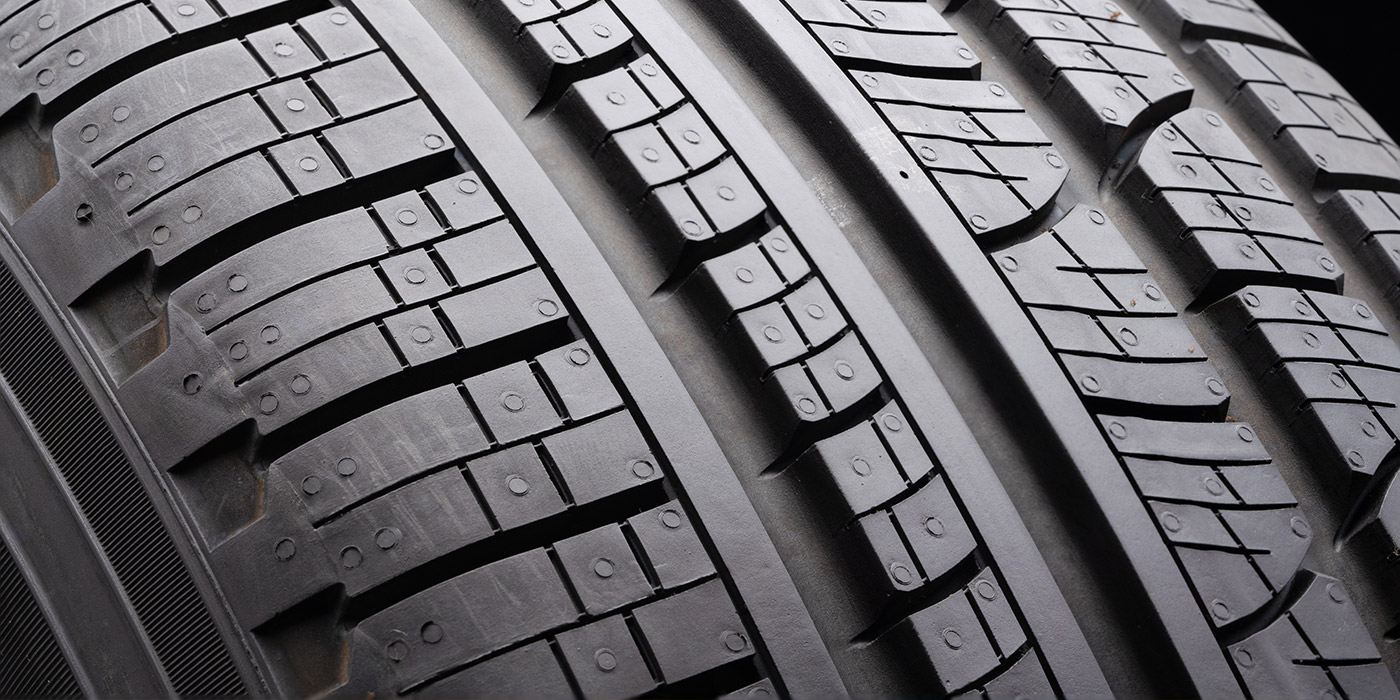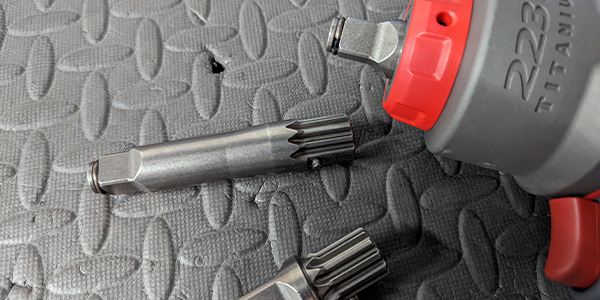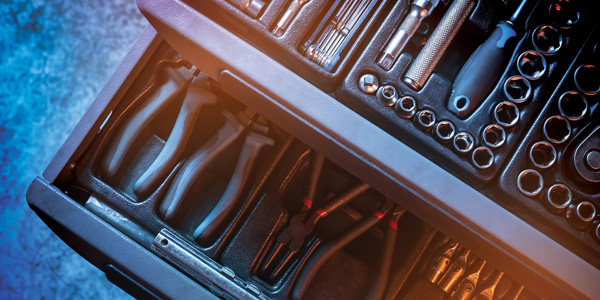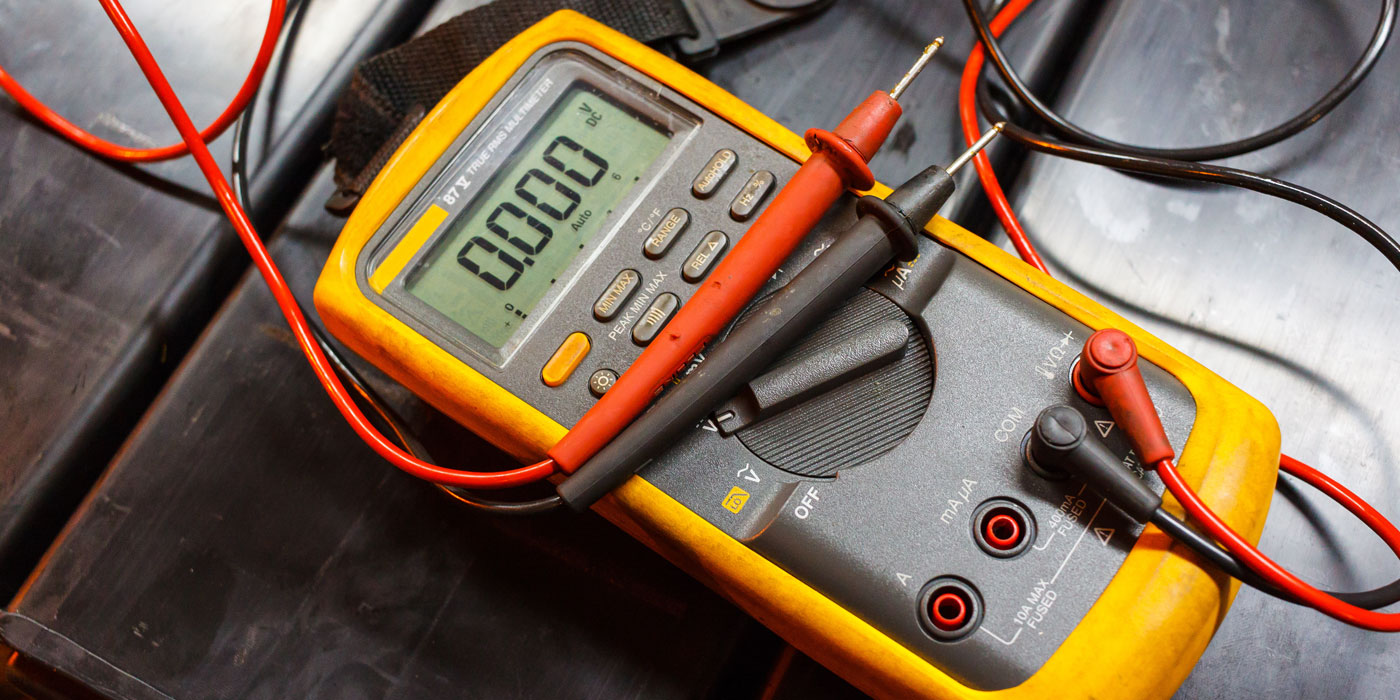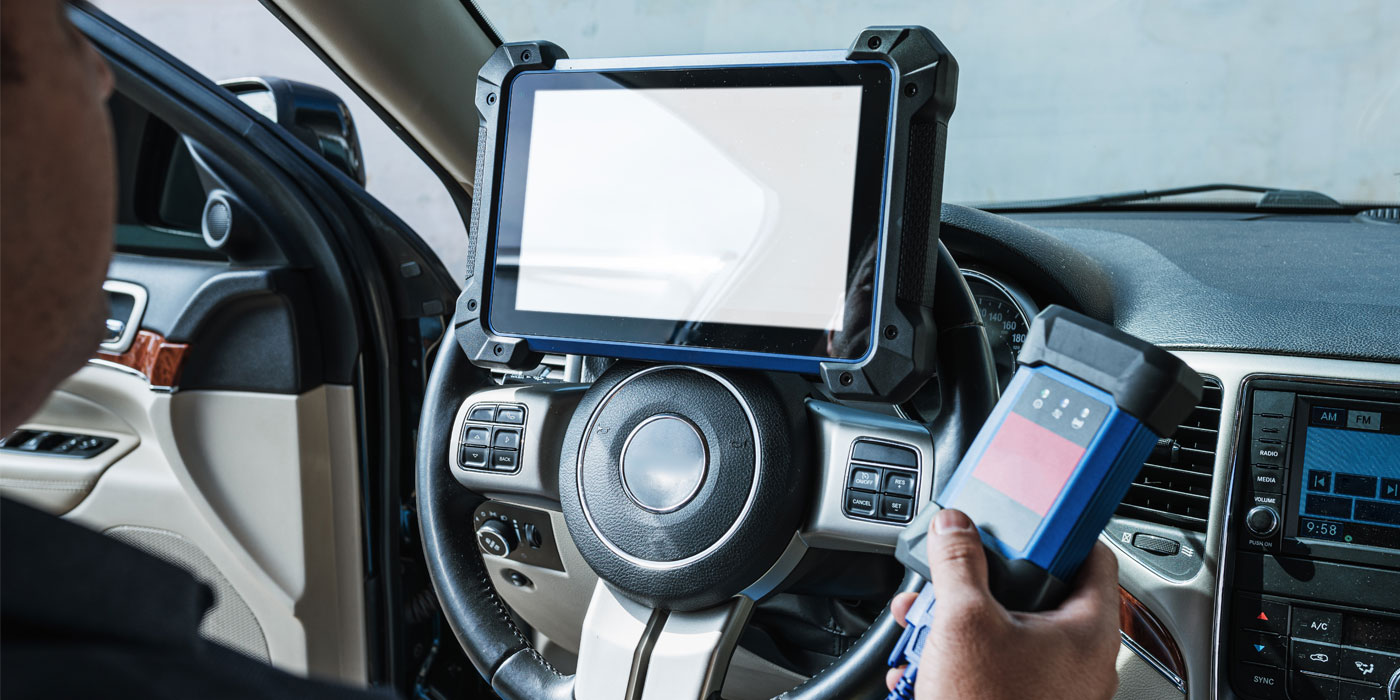Occasionally, I’ll have a new customer approach the service counter not just to have their car repaired, but also to interrogate every part of my process in finding the solution. More often than not, these customers are referrals from another repair shop or previous customer. I seldom get interrogated by someone who has seen an advertisement or drove by the shop and stopped in for repair.
 I know they don’t intend to come across as an interrogator from the German Gestapo, but the electric shocks, brass knuckles and bright spotlights are all that seem to separate their questions and re-questioning from the interrogation scenes in those old WWII movies.
I know they don’t intend to come across as an interrogator from the German Gestapo, but the electric shocks, brass knuckles and bright spotlights are all that seem to separate their questions and re-questioning from the interrogation scenes in those old WWII movies.
My guess is the customer probably went to their friend for advice or the first repair shop with the intent of that particular shop being their primary car care facility. However, when the first shop refers them to another shop, their suspicions as to the second shop’s abilities become their largest concern.
It’s as if they walk up to the counter armed with large spotlights, black jacks and any other paraphernalia that could be used to badger me into submission to their way of thinking. It’s even worse when they bring “friends” as material witnesses because that forces me into the position of answering not just to one person, but to several.
I thought I was gathering information on the symptoms of a car problem, but instead I find myself explaining Ohm’s law, defending my mechanical and electrical background, clarifying how I got started in the business, recalling the first wrench I ever used, and answering questions such as, “Are you planning to use a scanner to diagnose my car?”
Even though the wording varies, each question is ultimately asking the same thing: “I was referred over here, they said you could fix this, can you? Are you sure? Have you done this before?” These inquiries are usually followed by a stack of paperwork, jotted down notes and Internet information dropped on the counter for me to read. I briefly look at the papers, then inform them they can take it home because I have my own information and diagrams.
Unfortunately, that generally leads to more interrogations. The customer continues to ask all kinds of questions, ranging from where my information comes from, to how much the repair will cost and how long it will take. To add insult to injury, before I even get the car in the shop they typically repeat everything they just asked, told and informed me about.
Because their buddies have all been under the hood intensely studying this problem, the interrogation eventually turns into an explanation of how much they already know about the problem and how they can help me solve it. In fact, this isn’t a concern of mine whatsoever, as I’m pretty sure I can take care of the problem myself. Furthermore, I am not, nor have I ever been, a member of the “SAPI (Slap-A-Part-In) party.”
The customer and his “techie” friends may say, “Well, I just need you to check it out and not spend a lot of money on finding the problem because we’ve already spent so much time on it. If it gets too expensive to find out what’s wrong, I’m not going to get it fixed.”
If given the symptoms, diagrams and necessary tools, a good technician can solve any problem on a car. The biggest concerns are time, money and parts. A trained tech knows how to repair vehicles and, chances are, it won’t take him or her very long to sort it out. This is a highly skilled trade, not just a bunch of guys and gals that learned “lefty loosey-righty tighty.”
It just makes my job more difficult when I have to deal with interrogators continually questioning what I’m doing and attempting to answer the problems with their own brand of logic. Someday, I’d like to reverse the interrogation and set up a small desk and a single chair in the middle of the lobby, shine a bright light right at them and ask them a series of questions.
Just as every job has potential problems, each facet of car repair is unique and requires specific expertise. This is why many repair shops refer certain repairs to other shops. In this business, techs and shop owners all know who is the best in town for certain types of work. So, if a customer trusted the first shop, there’s no reason to doubt their ability in referring another shop with the same kind of integrity. We can interrogate the car, just leave the other interrogations to the WWII movies.




